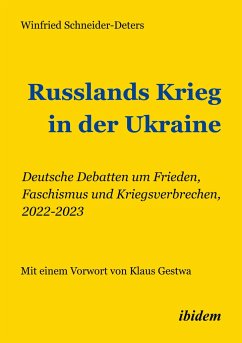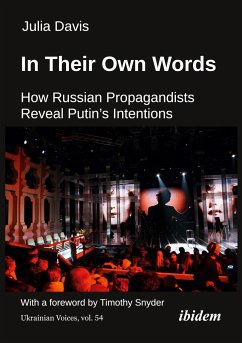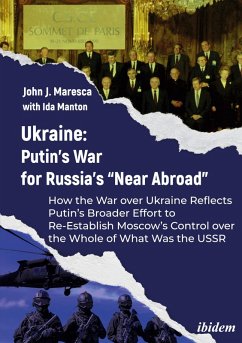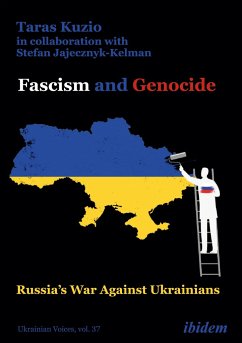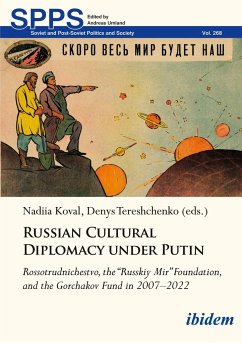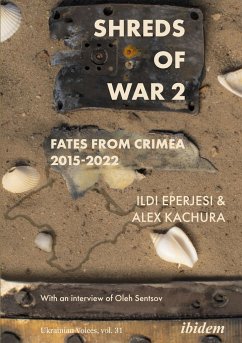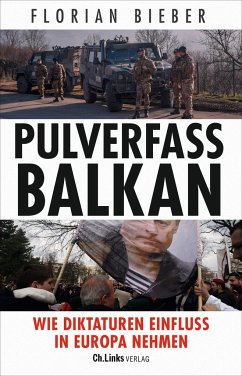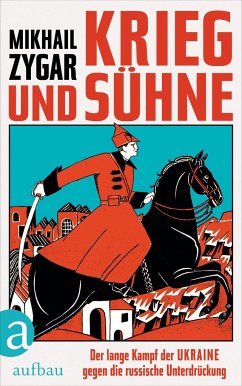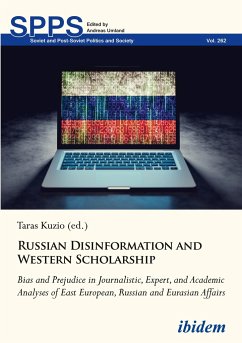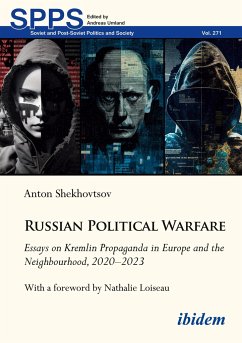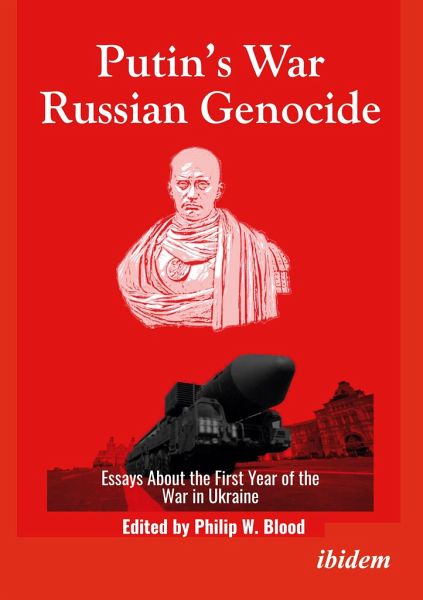
Putin's War, Russian Genocide: Essays About the First Year of the War in Ukraine
Versandkostenfrei!
Sofort lieferbar
34,90 €
inkl. MwSt.

PAYBACK Punkte
0 °P sammeln!
On 24 February 2022, Vladimir Putin ordered a full-scale invasion of Ukraine. He declared a 'special military operation', expecting a quick victory. The Ukrainian army countered with a spirited defence that foiled his political aims. Putin's special operation descended into a brutal slogging match of massacres. The horror of Bucha, rapes, looting, and the mass kidnap of children were discovered in the wake of Russian retreats. Reversals shattered Russia's army, forcing Putin to unleash his bandit hordes-Chechen thugs and pardoned murderers of the Wagner Group. Russia's artillery, the God of Wa...
On 24 February 2022, Vladimir Putin ordered a full-scale invasion of Ukraine. He declared a 'special military operation', expecting a quick victory. The Ukrainian army countered with a spirited defence that foiled his political aims. Putin's special operation descended into a brutal slogging match of massacres. The horror of Bucha, rapes, looting, and the mass kidnap of children were discovered in the wake of Russian retreats. Reversals shattered Russia's army, forcing Putin to unleash his bandit hordes-Chechen thugs and pardoned murderers of the Wagner Group. Russia's artillery, the God of War, continued to hammer Ukrainian culture, cities, and civilians. Mariupol was devastated in the turmoil of mechanized genocide. In the first year, western experts filled social media with analogies of irrelevant wars and false predictions of Ukraine's progress. The authors of this volume challenged institutional orthodoxy and pushed back against this outpouring of social media. They identified a chilling narrative of existential warfare and the struggle for survival. Putin's War-Russian Genocide will provoke intense debate, for it uncovers the latitude of Putin's violence. Readers will learn that Putin's and Russia's war comes from a powerful urge to destroy Ukraine. This is the greatest horror of the 21st Century.



